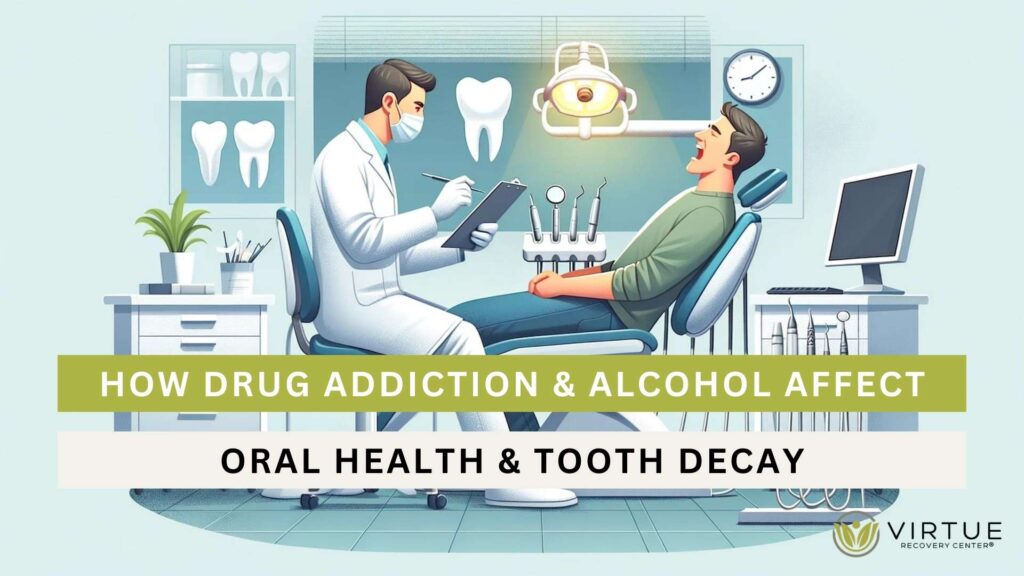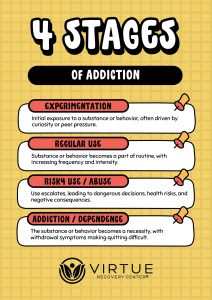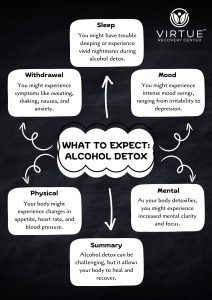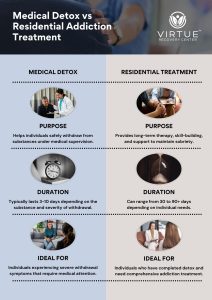Key Takeaways
- Drug addiction and alcohol abuse can severely damage oral health.
- Common issues include tooth decay, gum disease, and dry mouth.
- Prevention includes maintaining good oral hygiene and seeking professional help.
- Understanding the effects can lead to better dental care and overall health.
- Seeking addiction treatment can also improve dental health.
Introduction
Understanding how drug addiction and alcohol abuse affect oral health is crucial for recognizing the broader impact these substances have on your body. This article explores the detrimental effects on your teeth, gums, and overall oral health, while offering tips for prevention and treatment. These insights will help you take proactive steps towards maintaining your dental health and overall well-being.
The Connection Between Drug Abuse and Oral Health
Drug abuse can wreak havoc on your oral cavity. Stimulants like methamphetamine can cause severe tooth decay, commonly referred to as “meth mouth.” Opiates like heroin can lead to dry mouth and tooth loss. Each drug affects the mouth differently, leading to unique oral health problems. For instance, cocaine users often suffer from gum disease due to the drug’s acidic nature. Moreover, drugs like ecstasy can cause users to grind their teeth, leading to significant wear and tear on the enamel. Understanding these effects can help individuals take necessary precautions to protect their oral health.
How Alcohol Abuse Impacts Healthy Teeth and Gums
Drinking alcohol excessively can also damage your oral health. Alcohol can cause dry mouth, reducing saliva production, which is essential for protecting your teeth against decay. Chronic alcohol use is associated with an increased risk of oral cancer and gum disease. To mitigate these effects, alcohol users should maintain rigorous oral hygiene practices and seek regular dental care. Alcohol also has a high sugar content, which can contribute to dental caries and other dental problems. It’s important for individuals who consume alcohol regularly to be aware of these risks and take steps to protect their oral health.
Common Oral Health Issues from Drug Use and Alcohol Abuse, Including Dry Mouth
- Tooth decay and cavities: Both drug use and alcohol can lead to significant tooth decay. Drugs like methamphetamine and cocaine can erode the enamel, making teeth more susceptible to cavities. Alcohol’s high sugar content also contributes to the development of cavities.
- Gum disease and periodontitis: These substances can cause severe gum disease, leading to tooth loss. Drugs can reduce blood flow to the gums, increasing the risk of infection and inflammation. Alcohol can also contribute to gum disease by promoting the growth of harmful bacteria in the mouth.
- Dry mouth: Reduced saliva production from drug addiction and alcohol abuse can lead to dry mouth, making the mouth more susceptible to infections. Saliva is crucial for neutralizing acids and washing away food particles; without it, the risk of dental caries increases.
- Oral infections and sores: Frequent drug use can cause painful sores and infections in the mouth. These sores can be exacerbated by poor oral hygiene and the presence of harmful bacteria.
- Tooth grinding (bruxism): Many drug abusers grind their teeth, leading to severe wear and tear on the enamel. This can cause teeth to crack, chip, or become loose over time, necessitating extensive dental treatment.
The Role of Oral Hygiene in Preventing Damage
Maintaining good oral hygiene is critical in preventing the damage caused by drug and alcohol abuse. Regular brushing, flossing, and dental check-ups can significantly mitigate the risks. Using fluoride toothpaste, mouth rinses, and products designed for dry mouth can help protect your teeth and gums. It’s also important to avoid sugary foods and beverages that can exacerbate tooth decay. By prioritizing dental care, individuals can reduce the impact of these substances on their oral health.
Dental Treatment Options for Affected Individuals
For those affected by drug addiction and alcohol abuse, various dental treatment options are available. Professional cleanings, fluoride treatments, and restorative procedures like fillings, crowns, and dentures can address the damage. Managing pain and infections promptly with appropriate medications and treatments is also essential. In severe cases, oral surgery may be necessary to remove decayed teeth or treat advanced gum disease. Regular visits to the dentist can help monitor and manage any oral health problems that arise due to substance abuse.
The Importance of Seeking Help for Addiction
Seeking professional help for addiction is vital not only for your overall health but also for your oral health. Treatment can improve your general well-being and reduce the risk of severe dental problems. Numerous resources are available to assist those struggling with addiction, providing support and guidance towards recovery. By addressing the root cause of drug addiction or alcohol abuse, individuals can improve their oral health and reduce the risk of future dental issues.
Conclusion
Drug addiction and alcohol abuse have profound effects on oral and dental health. Recognizing the signs and seeking timely help can prevent long-term damage and promote overall health. If you or a loved one is struggling with addiction, give Virtue Recovery Las Vegas a call at 866-520-2861. Taking the first step towards recovery can significantly improve your oral health and quality of life.
FAQs
Can drug addiction cause tooth loss?
Yes, prolonged drug use can lead to severe tooth decay and tooth loss. Drugs like methamphetamine and cocaine can erode the enamel, leading to weakened and decayed teeth.
How does alcohol affect oral health?
Alcohol can cause dry mouth, gum disease, and increase the risk of oral infections. Its high sugar content can also contribute to dental caries.
What are some signs of oral health issues in drug users?
Common signs include cavities, gum inflammation, dry mouth, and sores. Drug users may also experience tooth grinding and severe wear on their teeth.
Can improving oral hygiene help if someone continues to use drugs?
While it helps, the best solution is to seek treatment for addiction to prevent further damage. Good oral hygiene can mitigate some effects, but addressing the root cause is crucial.
Are there specific dental products recommended for those recovering from addiction?
Yes, products that address dry mouth and are gentle on sensitive gums are often recommended. Fluoride toothpaste and alcohol-free mouthwashes can also help maintain oral health.
Can you get oral cancer from alcohol and drug use?
Yes, both alcohol and certain drugs can increase the risk of oral cancer. Heavy alcohol use is a significant risk factor, and when combined with tobacco use, the risk increases substantially. Some drugs, particularly those that are smoked or snorted, can also contribute to the development of oral cancers.
What are the oral health effects of drugs?
Drugs can cause a variety of oral health issues, including dry mouth, tooth decay, gum disease, and tooth loss. Stimulants like methamphetamine can lead to severe dental problems, known as “meth mouth,” characterized by extensive tooth decay and gum disease. Other drugs may cause users to grind their teeth, exacerbating wear and damage.
What does drug dependence do to your tongue?
Drug dependence can lead to several problems with the tongue, including discoloration, swelling, and the formation of sores or lesions. Chronic use of certain drugs can also cause a condition known as “hairy tongue,” where the tongue appears dark and furry due to elongated papillae.
What oral manifestations can happen from regular drug and alcohol use?
Regular use of drugs and alcohol can cause oral manifestations such as gum recession, tooth decay, oral infections, and cancer. Users may also experience dry mouth, which reduces the mouth’s ability to wash away food particles and acid, thereby increasing the risk of decay and gum disease.
What drugs affect the mouth?
Many drugs affect the mouth, including stimulants like cocaine and methamphetamine, which cause dry mouth and increased tooth decay. Opioids can reduce saliva production, contributing to dry mouth and cavities. Hallucinogens may cause bruxism, or teeth grinding, which can wear down dental surfaces.
What are the 5 effects of alcohol in the mouth?
- Dry mouth: Alcohol decreases saliva production, which is essential for oral health.
- Tooth decay: High sugar content in alcoholic beverages can contribute to cavities.
- Gum disease: Alcohol can irritate gum tissues and exacerbate periodontal diseases.
- Oral infections: Reduced saliva and poor dental hygiene may lead to increased bacterial growth and infections.
- Oral cancer: Chronic alcohol use significantly raises the risk of developing oral cancers.
What does alcoholism do to your tongue?
Alcoholism can cause various changes to the tongue, including a condition known as glossitis, where the tongue becomes swollen, pale, and smooth. Chronic alcohol use may also lead to a fungal infection called oral thrush, which gives the tongue a white, coated appearance.
What medication can turn teeth brown?
The antibiotic tetracycline, especially when given to children whose teeth are still developing, can lead to permanent brown discoloration of the teeth. Other medications, such as some antihistamines, antipsychotics, and antihypertensives, can also cause tooth discoloration as a side effect.
What drugs cause weird mouth movements?
Drugs that affect the central nervous system, such as antipsychotics and some medications used to treat neurological disorders like Parkinson’s disease, can cause tardive dyskinesia, which includes involuntary, repetitive facial movements such as grimacing and lip-smacking. Recreational use of stimulants like methamphetamine can also lead to bruxism and other compulsive mouth movements.
Resources
https://www.betterhealth.vic.gov.au/health/conditionsandtreatments/teeth-and-drug-use
https://www.ncbi.nlm.nih.gov/pmc/articles/PMC4453891/
https://www.teeth.org.au/illicit-drugs-effects-on-oral-health













